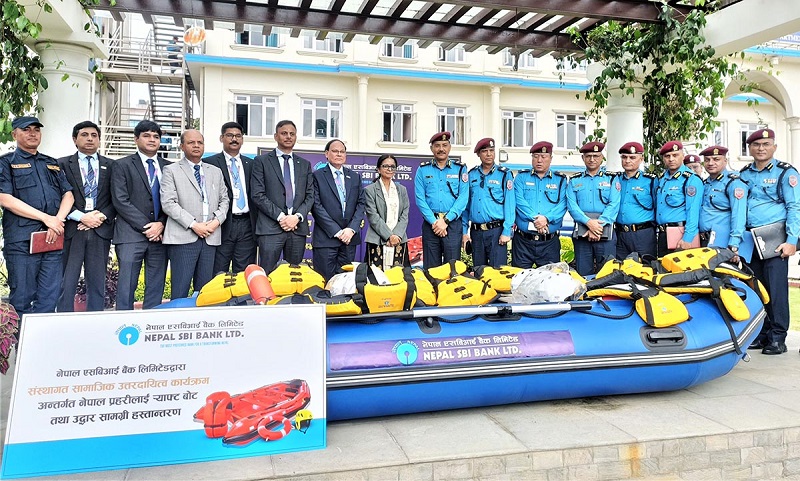Technological Adaptation in a COVID-19 Era
8th November 2020, Kathmandu
COVID-19 has upended our lives, community, society, country, and the world. As it stands, the virus is here to stay. Unfortunately, it will be a while before the world gets close to a vaccine.
It is already the most documented global event in human history, probably affecting every single one of the 7.8 Billion people in the world.
However, with time, we will recognize COVID-19 as a great accelerator of social and technological changes on a global scale.
The internet changing the world has been a major assumption over the past couple of decades. However, many vital sectors regarding human activity have been resistant to the internet.
Unprecedented digital shift across the globe
Most sectors around the world have been very resistant to the internet age. In particular, these are education, healthcare, and government – sectors that account for over half the economic activity in almost all countries in the world.
COVID-19 has now forced an unprecedented change in those areas.
During the lockdown, almost all educational institutes have transitioned to online teaching. From content migration to adapting to an entirely new system, the process would’ve taken years, if not decades.
However, in reality, it took a couple of months.
Not only was the transition and the turnover impressive, but the actual viability of this method of teaching that goes beyond the current circumstances is also what makes this a win for humanity.
From cooking to computing, almost everything can be learned online through a computer screen.
Healthcare is also going through a process of digitization. As non-COVID patients avoid going to doctors for non-urgent needs, they are increasingly growing accustomed to speaking to their doctors on video. Getting advice, receiving prescriptions online, and even doorstep delivery of their medicines have shaped the modern healthcare sector.
This is another field that resisted the technological change. However, with COVID-19, it is clear that not only is a digital healthcare system viable to a certain degree, but it is even preferable in some cases.
Even the government has been forced into this accelerated process of digitization. Some other states in the US are allowing digital registration and providing electronic services for marriage.
Additionally, technology has helped the government scale its provision of services for the rise in demand caused by COVID-19 while helping them communicate and lead the general populace during the current trying time.
Also read: How Telecoms Industry Can Keep Everyone Connected Amid The Pandemic
Technology – the saviour?
With COVID-19, most industries and sectors that were resistant to the internet has now been flipped to remote-first. This means not only ease of access and service for the consumers and the general populace, but also for the workers working in such fields.
Not only are the services provided remotely, but those providing the service are also doing so remotely since COVID-19 started.
With this rapid digitization of almost all industries, technology will likely be far more important than it was pre-lockdown.
As investments, technological infrastructures for our home and personal use will be a major contributing aspect to our comfort and productivity in a post-COVID world.
Ultimately, future historians might even mark 2020 as the year when the internet age truly began.






